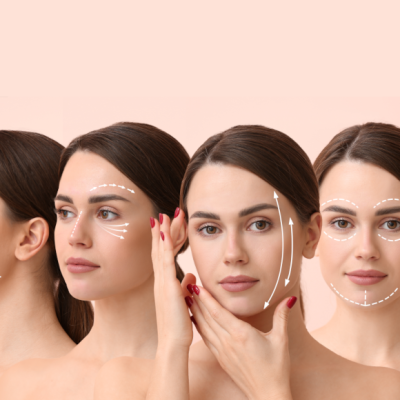A new study conducted by researchers at the University of Gothenburg has found that a sports therapy program can significantly reduce symptoms of generalized anxiety disorder and panic disorder. Currently, patients with anxiety disorders are treated either with medication or cognitive behavioral therapy. However, many patients refuse medication due to the stigma and side effects associated with it, and there are often not enough treatment options available. The study aimed to find alternative treatments that are easy to implement and have minimal side effects.
The study involved 223 participants with an average age of 39, with half of them suffering from anxiety for at least 10 years. The participants were divided into three groups, with two groups undergoing a 12-week sports program that included both strength and endurance training. One group trained at low intensity, while the other trained at medium and high intensity. The researchers used the Beck Anxiety Inventory and the Montgomery-Åsberg Depression Rating Scale to measure the effects of the exercise program on the participants’ mental health.
Compared to the control group, which only received advice on healthy living but no sports program, the two sports groups showed significant improvements in both anxiety and depression symptoms. The participants who trained at low intensity improved their Beck Anxiety Inventory score by an average of 3.62 points, while those who trained at medium and high intensity improved by 4.88 points. The Montgomery-Åsberg Depression Rating Scale score improved by 4.36 and 4.96 points, respectively. The participants completed an average of 25 out of 36 planned exercise sessions, which also led to improvements in cardiovascular fitness and muscle strength.
The study did not explore why the sports program had a positive effect on the participants’ mental health, but the authors suggest that the interaction with the physiotherapists may have played a role. This study provides hope for those suffering from anxiety disorders who are looking for alternative treatments to medication or cognitive behavioral therapy.










